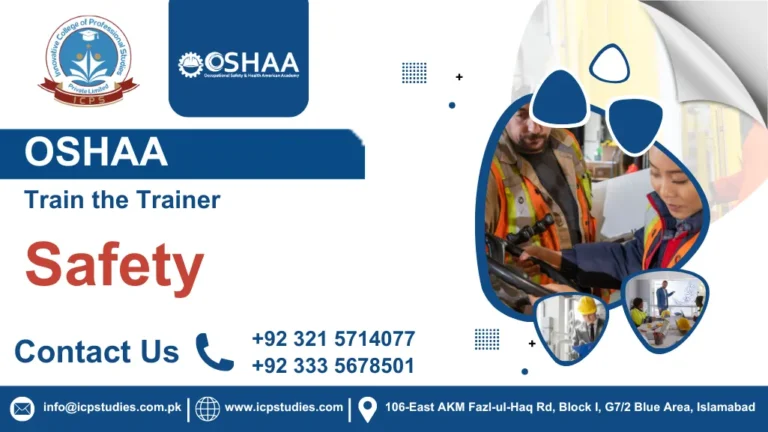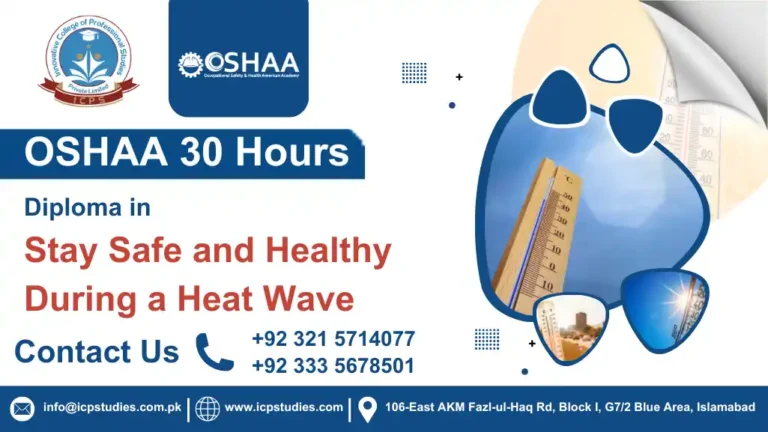Understanding the intricate world of viruses is crucial in today’s global health landscape. The OSHAA 30-Hours Professional Diploma in Virology is designed to equip healthcare professionals, laboratory staff, and public health practitioners with the essential knowledge and practical understanding of virology. As viruses continue to pose significant challenges worldwide, the importance of specialised training in virology has never been more evident.
This professionally structured diploma delivers in-depth insights into viral biology, mechanisms of infection, diagnostic techniques, and disease prevention. Whether you’re already working in the healthcare sector or looking to transition into virology or infection control, this course provides the foundational competencies required to handle viral outbreaks, understand transmission patterns, and contribute to public health initiatives.
The OSHAA 30-Hours Professional Diploma in Virology is a timely and relevant qualification for those looking to advance their understanding of viral diseases and their impact on global health. With expertly curated content, flexible delivery, and industry recognition, this course empowers professionals to take a proactive role in the management and prevention of viral infections in both clinical and public health settings.
All About OSHAA 30-Hours Professional Diploma in Virology
Course Overview
The OSHAA 30-Hours Professional Diploma in Virology is tailored for those seeking an intensive yet accessible learning experience in a highly specialised field. Spanning 30 hours of focused study, the programme is structured to accommodate professionals by offering flexible delivery options, including online learning. The course emphasises practical understanding while providing the theoretical framework necessary for analysing viral diseases and their impact on human health.
Participants will explore a broad range of topics such as the classification of viruses, host-pathogen interactions, immunological responses, diagnostic technologies, and principles of infection control. Real-world case studies and applied learning methodologies enhance understanding and encourage the practical application of knowledge in clinical or research settings.
Study Units
- Introduction to Virology and Viral Structures (3 Hours)
- Viral Classification and Taxonomy (3 Hours)
- Viral Replication Cycles and Mechanisms (3 Hours)
- Host-Virus Interactions and Immune Response (5 Hours)
- Pathogenesis of Viral Infections (4 Hours)
- Diagnostic Techniques in Virology (3 Hours)
- Antiviral Therapies and Resistance (3 Hours)
- Vaccine Development and Immunisation Strategies (3 Hours)
- Emerging and Re-Emerging Viral Threats (3 Hours)
- Minimum Age
Applicants must be at least 18 years old at the time of enrolment to ensure they possess the maturity and responsibility required for professional-level study. - Educational Background
A background in science, healthcare, or a related field is recommended. While a formal degree is not mandatory, candidates should have completed at least secondary-level education with a focus on biology or health sciences for optimal understanding of course material. - Work Experience
No prior work experience in virology is required. However, individuals currently working in healthcare, laboratory environments, or public health roles may find the course particularly beneficial in advancing their existing knowledge and career prospects. - Language Proficiency
As the course is delivered in English, learners should have a good command of the language, both written and spoken. This is typically equivalent to CEFR Level B1 or higher, enabling full comprehension of course materials and active participation in assessments.
The OSHAA 30-Hours Professional Diploma in Virology is designed for individuals seeking to build or enhance their expertise in virology, infectious diseases, and public health. This course is particularly suitable for:
- Healthcare professionals involved in patient care, infection control, or disease prevention
- Laboratory technicians and assistants looking to expand their knowledge of viral diagnostics and procedures
- Public health officers and epidemiologists working in disease surveillance and outbreak response
- Biomedical science students or graduates interested in specialising in virology
- Medical practitioners seeking a foundational understanding of viral pathogens and clinical virology
- Research assistants and academic professionals engaged in virology-related studies
- Health and safety officers aiming to understand the impact of viral threats in workplace environments
- Individuals aspiring to transition into virology or infectious disease roles without prior specialisation
This course accommodates both experienced professionals and newcomers, offering essential insights and practical skills relevant across various sectors.
Learning Outcomes
Introduction to Virology and Viral Structures (3 Hours)
- Understand the fundamental concepts of virology and its significance in medical science
- Identify the basic structure and components of viruses, including their genetic material and protein coats
- Distinguish between different types of viral morphology and their relevance to infection mechanisms
- Recognise the role of viruses in human and animal diseases
Viral Classification and Taxonomy (3 Hours)
- Learn the principles of virus classification based on genome type, structure, and replication strategy
- Explore the major families and genera of viruses affecting humans
- Understand how taxonomy aids in virological research, diagnostics, and treatment approaches
- Apply classification systems to identify and categorise viral pathogens
Viral Replication Cycles and Mechanisms (3 Hours)
- Describe the key stages of viral replication within host cells
- Understand differences in replication strategies among DNA and RNA viruses
- Identify host factors involved in supporting or inhibiting viral replication
- Gain insights into the implications of replication for disease progression and treatment
Host-Virus Interactions and Immune Response (5 Hours)
- Analyse how viruses interact with host cells and immune defences
- Understand the innate and adaptive immune responses to viral infections
- Learn mechanisms used by viruses to evade immune detection
- Evaluate the impact of host immunity on viral clearance and persistence
Pathogenesis of Viral Infections (4 Hours)
- Understand how viruses cause disease at the cellular and systemic levels
- Identify factors that influence the severity and spread of viral infections
- Learn about common symptoms, transmission routes, and clinical outcomes of key viral diseases
- Gain knowledge of the stages of infection from entry to disease manifestation
Diagnostic Techniques in Virology (3 Hours)
- Explore traditional and modern laboratory methods used to detect viral infections
- Learn about molecular techniques such as PCR, antigen tests, and serology
- Understand sample collection, handling, and interpretation of results
- Identify the advantages and limitations of various diagnostic approaches
Antiviral Therapies and Resistance (3 Hours)
- Understand the mechanisms of action of commonly used antiviral drugs
- Learn about therapeutic strategies targeting different stages of the viral life cycle
- Explore causes and consequences of antiviral resistance
- Evaluate approaches to mitigate resistance and improve treatment outcomes
Vaccine Development and Immunisation Strategies (3 Hours)
- Gain insight into the principles and stages of vaccine development
- Understand different types of vaccines including live-attenuated, inactivated, and mRNA-based
- Learn how vaccination contributes to individual and herd immunity
- Explore global immunisation strategies and their role in disease prevention
Emerging and Re-Emerging Viral Threats (3 Hours)
- Identify key factors contributing to the emergence and re-emergence of viral diseases
- Study examples of recent viral outbreaks and pandemic threats
- Understand the role of global surveillance and response systems
- Evaluate strategies for preparedness and risk reduction in virology and public health
FAQs OSHAA 30-Hours Professional Diploma in Virology






